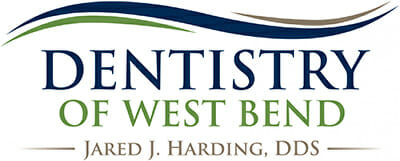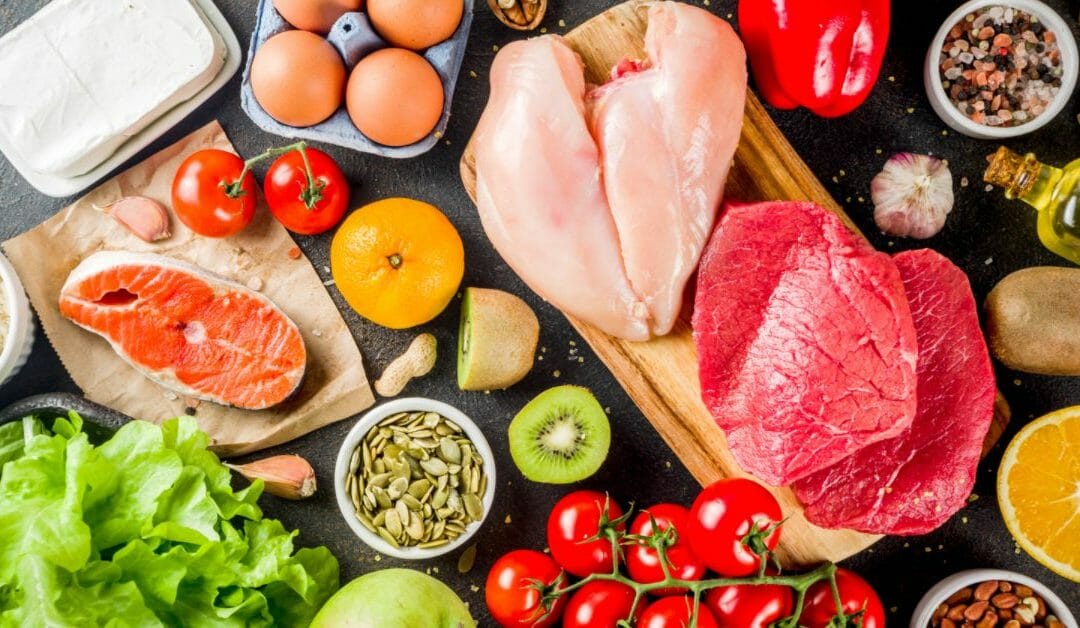While you might think that oral health is all about the mouth, that notion isn’t completely accurate. The health of your teeth and gums also affects the rest of the body. So, it’s imperative to do everything you can to maintain your oral health, just like you do your overall health.
When it comes to maintaining healthy gums, one of the primary concerns is preventing gum disease – or managing gum disease if you have already been diagnosed with this condition.
What Is Gum Disease?
Gum disease, also called periodontal disease, is a bacterial infection of the gums that most commonly develops as a result of poor oral hygiene. When plaque and tartar accumulate on the teeth (as a result of infrequent professional cleanings or a lapse in regularly brushing and flossing at home), it pushes the gums away from the surface of the teeth. This creates pockets where harmful bacteria can thrive and infect the gum tissues.
Left unaddressed, gum disease can be quite painful, lead to severe gum recession, result in tooth loss, and even cause the jawbone to degenerate. Additionally, gum disease has been associated with a slew of other serious systemic health problems such as respiratory infections, cardiovascular disease, diabetes, dementia, reproductive problems, rheumatoid arthritis, and more.
How to Prevent and Treat Gum Disease
When it comes to gum disease, prevention is always best because, once gum disease develops and more seriously affects the gum tissues, it can be difficult to treat, manage, and prevent the infection from worsening in addition to restoring the damaged gum tissues.
The best way to prevent gum disease is to promote healthy gums with good oral hygiene. You should brush twice a day for at least two minutes and floss at least once a day using the proper techniques to thoroughly remove plaque and bacteria from the surface of the teeth and just below the gum line.
Additionally, you can promote healthy gums by eating a proper, balanced diet that’s full of vitamins and nutrients designed to reduce inflammation while also supporting the body’s natural defense against gum disease, the immune system.
The Top 10 Foods to Eat for Healthier Gums
Whether you’ve received a gingivitis diagnosis, periodontal disease diagnosis, or simply want to maintain the best oral health possible, eating the following foods will help your body stay healthy and keep your gums healthy, too.
1. Fatty Fish
Fatty fish, like salmon, contain high amounts of fatty acids called omega-3s. These omega-3s are important for brain health and function and are also powerful anti-inflammatories that support the immune system and help combat the negative effects of gum disease.
2. Nuts and Seeds
Nuts and seeds are other important sources of omega-3 fatty acids. Just be sure to chew carefully since these snacks can have some pointy and rough edges that can actually irritate the gum tissues.
3. Milk and Cheese
Dairy contains important anti-bacterial enzymes that coat the teeth and help reduce the bacteria in the mouth. Sipping on a glass of milk or snacking on a slice of cheese is a great way to protect your teeth, especially when you can’t brush after a meal.
4. Probiotic-Rich Foods
Healthy bacteria called probiotics can be found in certain fermented foods like yogurt, sauerkraut, kimchi, and kefir. These healthy bacteria help control the populations of harmful bacteria living inside the mouth, keeping your gums healthier.
5. Sugar-Free Gum
Sugar-free gum containing xylitol combats harmful bacteria and encourages saliva production to wash food particles and bacteria away from the teeth and gums.
6. Green Tea
Sipping on a cup of green tea helps fight gum disease with catechins (anti-inflammatories and phenols) that inhibit the growth of harmful bacteria while also keeping inflammation in check.
7. Fruits and Vegetables
Fresh fruits and vegetables are full of vitamins and nutrients that support the immune system, have anti-inflammatory properties, and promote healing such as vitamin C and beta carotene. To eat a diet with a wide variety of nutrients, try to eat as many different colors of produce as you can.
8. Shiitake Mushrooms
Shiitake mushrooms uniquely contain the polysaccharide, lentinan which specifically attacks the strain of bacteria that is usually responsible for gum disease. Additionally, these mushrooms contain powerful anti-inflammatory properties.
9. Chicken
Chicken contains both co-enzyme 10 (CoQ10) and collagen. CoQ10 is an important anti-inflammatory agent that has also been directly correlated with gum disease. Individuals who have a CoQ10 deficiency are more likely to also have gum disease.
Collagen (found mostly in chicken skin) is essential to the body’s ability to prevent the degradation of the gum tissues that can occur with gum disease.
10. Water
Drinking plenty of water is important for many reasons, but drinking water also helps flush bacteria and the food particles on which they feed out of the mouth, promoting healthier gums.
Avoid These Foods for Healthier Gums
To keep your gums healthy, it’s best to avoid sugary foods and beverages in addition to processed carbohydrates. Bacteria feed on the sugars in these foods, making any infection worse. In addition to worsening gum disease, these types of foods also put you at a higher risk of tooth decay and cavities.
Periodontal Disease Management in West Bend
If you have been diagnosed with gum disease or gingivitis, we encourage you to start taking a proactive approach to your oral health care today. At Dentistry of West Bend, we have a variety of treatment options available that are designed to help patients stop gum disease in its tracks and restore their oral health. To learn more about periodontal disease treatment and prevention or to schedule your next dental exam and hygiene appointment with Dr. Jared Harding, we welcome you to contact our office today.


Recent Comments